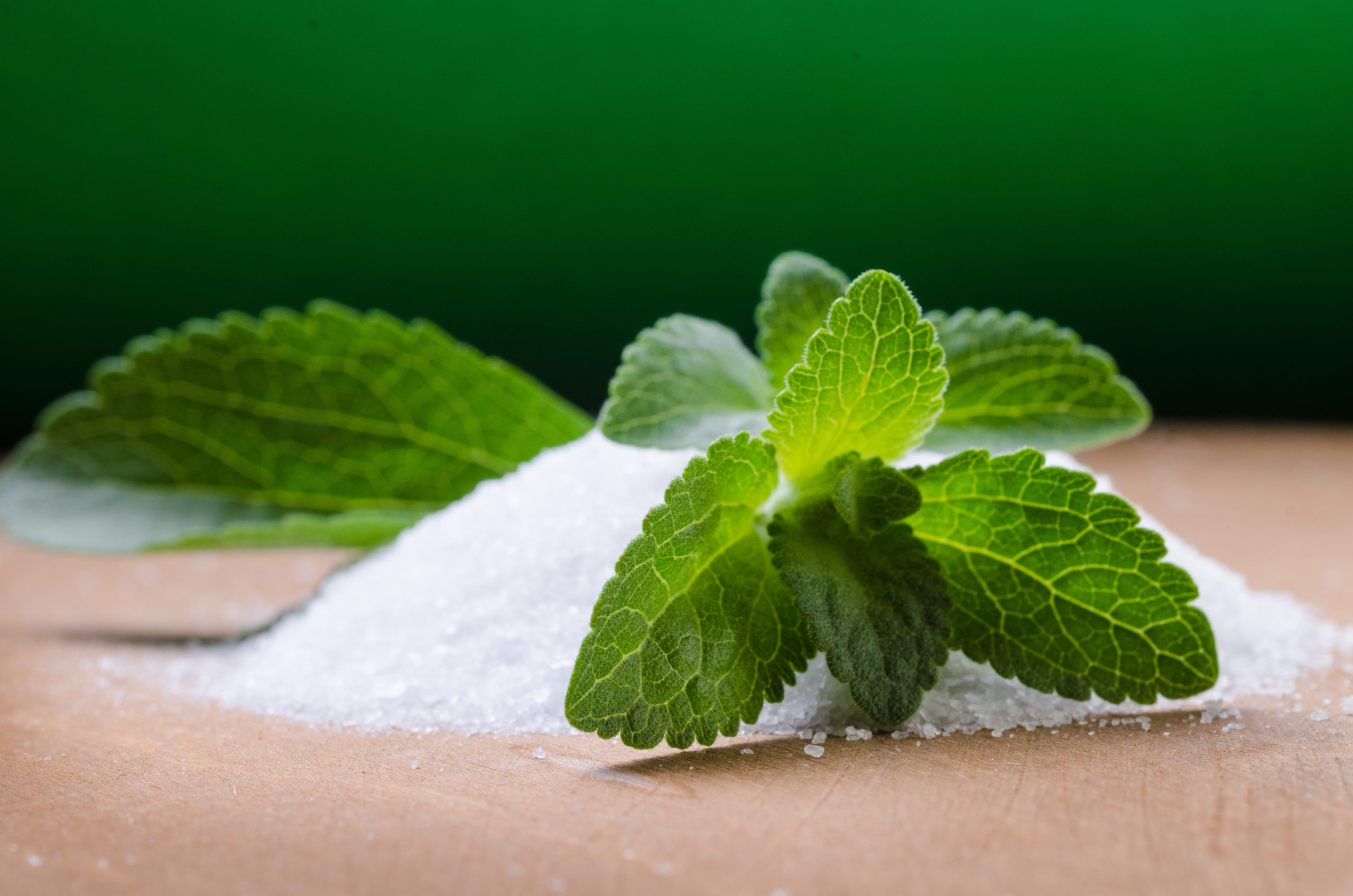Consuming sweeteners like stevia and aspartame when pregnant can increase your child’s risk of obesity, according to a recent study. Changes in the child’s gut microbiome can also occur, emphasizing the importance of nutrition during pregnancy. This study delves into the harmful effects of artificial sweeteners on gut microbes, specifically in the unborn.
Unexpected Consequences
To test whether consuming artificial sweeteners can increase a child’s risk of obesity, the study used rats as subjects. When rat mothers consumed sweeteners during pregnancy, their offspring tended to have a higher body fat percentage. Besides significant changes in the rat pups’ gut microbiota, increases in propionate- and butyrate-producing microbes and reductions in lactose-fermenting species were also found. This could be an explanation for the weight gain, say, scientists.

Low-calorie sweeteners are often used as a sugar alternative, however, consuming them when pregnant can have some unexpected effects on a baby’s health. Although non-toxic to adults, research suggests that prenatal consumption can dramatically alter the healthy gut bacteria of the unborn child. Until now, no study had been done to investigate the link between gut microbial changes and the future risk of obesity.
Significance Of Prenatal Nutrition
“We know that a mother’s diet during pregnancy plays an extremely important role in determining whether their offspring will develop certain diseases later in life,” says the study’s senior author Raylene Reimer in a statement. Reimer is a Professor at the University of Calgary. “In this study, we were interested in determining how consuming low-calorie sweeteners during pregnancy, specifically the artificial sweetener aspartame or the natural alternative stevia, affected the gut bacteria and obesity risk of offspring.”
Researchers fed stevia, aspartame, and water to pregnant rats. After birth, the rat pups were weighed and had their gut microbiomes inspected to determine whether the artificial sweeteners made any significant changes. Surprisingly, minimal effects in the rat mothers were shown, while their offspring bore the brunt of the negative consequences. Pups from sweetener-fed mothers had more weight gain and key changes in their gut flora.
Cause And Effect
The findings call attention to the nutritional vulnerability of unborn children. “Even though the offspring never consumed the low-calorie sweeteners themselves, their gut bacteria and obesity risk were influenced by the sweeteners that their mothers consumed during pregnancy,” says Reimer. “We found that specific bacteria and their enzymes were linked to how much weight the offspring gained and how much body fat they accumulated.”
Although the study was performed on rats, previous research on humans has shown a connection between consuming artificial sweeteners when pregnant and a higher infant body mass index. So while further research is needed to provide more concrete guidance for expectant mothers, it may be worth ditching the sweeteners for now.
“A mother’s diet during pregnancy is very important for the short- and long-term health of their infants,” says Reimer. “Following dietary guidelines and staying within the recommended weight gain guidelines for pregnancy are key steps to take.”
Find this study in the journal Frontiers in Nutrition.
